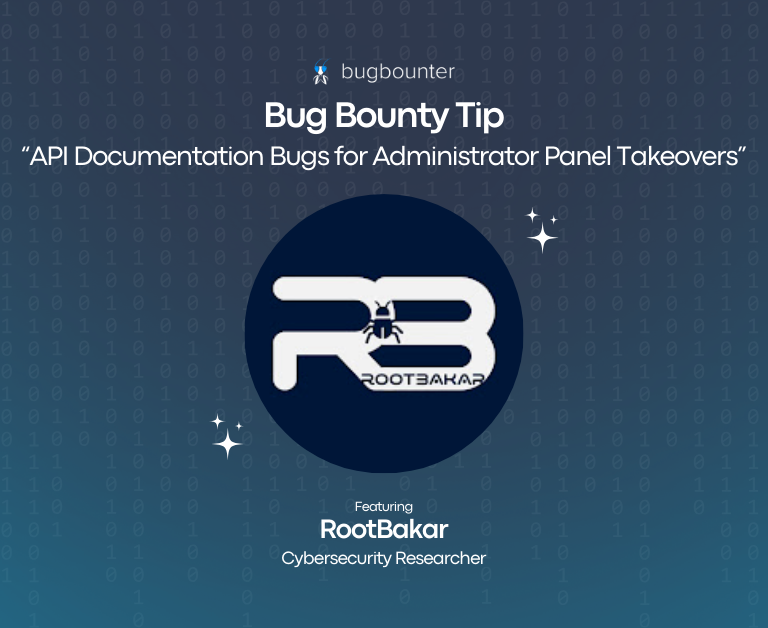There are many types of cyber security certifications. The main purpose of cyber security certification is to demonstrate that you are competent to use specific tools and technologies. In addition, more experienced people and networking professionals also seek certification to validate their skills.
Like other areas of information technology, cyber security certifications play a significant role in the hiring process within the field of cyber security. You can continue reading our article to learn why you need certificates in cyber security and to get some information about their benefits.
Why do you need a certification?
Due to the increase in cyber threats, cyber security experts are needed. Obtaining a cyber security certification sets you apart from ordinary cyber security professionals as it validates your skills and demonstrates that you are fully trained and equipped for the certification you hold.
There are several advantages of cyber security certificates. A cyber security degree will only be useful if it demonstrates your level of competence and commitment to the job. In other words, it would be misleading to have the certificate and not the knowledge. A cyber security certificate demonstrates your commitment, experience, and competence in a particular field.
Top 5-10 cyber security certification programs
CompTIA Security+ is the first security certification that IT professionals must acquire. This certification program covers the basics required for any cyber security profession. It also helps you to access intermediate cyber security positions. There are many certificate programs available. These programs are as follows:
1.CompTIA Security+
Security+ is a beginner-level cyber security certificate. It assesses your ability to set up and maintain security systems, minimize risks, and respond to security breaches.
There are no formal criteria for taking the exam. CompTIA requires candidates to have several years of IT security management experience along with Network+ credentials.
2.Microsoft (MTA) Security Fundamentals
One of the “entry-level” cyber security certifications is MTA Security Fundamentals. MTA Security Fundamentals aims to understand the security fundamentals, network fundamentals, and software security. It is suitable for high school and college students as well as individuals in the workforce looking to develop their skills.
3.System Security Certified Practitioner (SSCP)
The SSCP is an entry-level certification from ISC2. The main focus of this document is on IT infrastructure security. Mostly recommended for system administrators, security analysts, network security engineers, database administrators, and professionals alike.
4.Certified Cloud Security Professional (CCSP)
To have a CCSP certificate, you must have five years of relevant experience. Internships (paid and unpaid) and part-time jobs are also viable options.
5.Offensive Security Certified Professional (OSCP)
Offensive Security Certified Professional (OSCP) primarily deals with penetration testing. Network administrators, and other security professionals can be supported by OSCP to demonstrate their understanding of hacking techniques and tools.
You do not need to have any previous work experience. However, completing the PEN-200 training course offered by Offensive Security is a basic requirement.
Which certificates would you need to become a bug bounty expert?
There are various certifications in the field of cyber security. The certifications you need to obtain to become a bug bounty expert are as follows:
- CISSP
- CISA
- CISM
- Security+
- CEH
- GSEC
- SSCP
- CASP
- GCIH
- OSCP
As Bugbounter, we have established an ecosystem of experts so that you can always be prepared for preventing cyber threats. Our platform connects a network of ethical hackers and security researchers with organizations, enabling security teams to test their risks under any circumstances. Please do not hesitate to contact us to benefit from our services.





